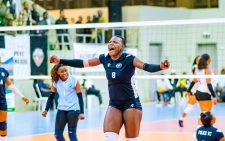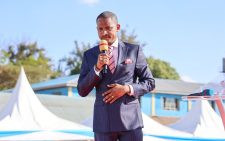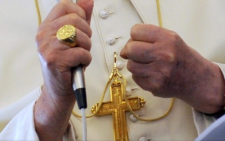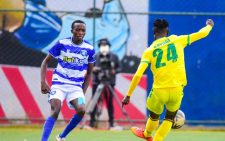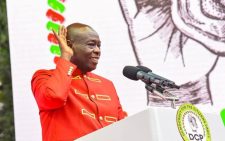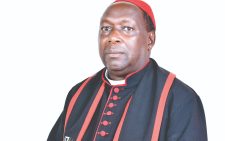Fighting to change the narrative for my autistic son
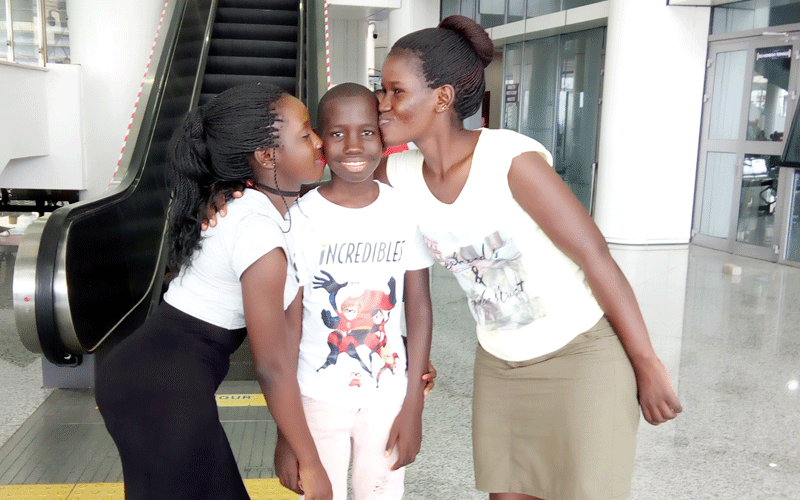
Jasmine Atieno @sparkleMine
The hardest experience for any mother is being separated from their newborn baby.
But sometimes, the situation at hand demands this huge sacrifice to be made. This is the story of senior research scientist, Dr Judith Okello.
She lived with her husband and daughter in Belgium while pursuing her master’s degree when she got pregnant with her second born.
In September 2007, her husband and daughter had to travel back to Kenya as her scholarship had ended.
In December the same year she followed them as the school would not allow a new-born baby in the premises.
She gave birth to a baby boy, named Joe Robbert, in December the same year and two weeks later, she had to travel back to Belgium to complete her studies or else risk losing her scholarship if she did not.
She had arranged for her two cousins to help take care of the newborn and they readily accepted. So she believed he was in safe hands.
Nine months down the line, it was time to come back home and as the children and her husband went to receive her at the airport, she sensed immediately that something was not right.
“Joe did not want to look at me and he would occasionally make strange sounds like animals do.
I also noticed that one of his legs appeared deformed. I asked my husband if he was aware of the strange features, but he responded by accusing me that I was being petty and that I was not grateful for the work they had done of take care of Joe while I was away,” shares the mother of two.
The revelation
This was the beginning of the trips to Makadara Hospital, Mombasa for therapy, but the fact that Joe would not still look at her even after one month of stay together was even more worrying.
Let alone the fact that he would not even utter a word. After his first birthday, she was more convinced that something was not right and shared with her closest family who advised that she takes him for occupational therapy.
All this time, his father remained non-supportive and acted as though all was well.
Occasionally he would beat Joe as according to him, he was just being a difficult child.
The trips to Makadara continued until May 2009 when one of the nurses told her that she had monitored Joe for a while and that he had autism disorder.
Not your ordinary child
At the age of three, Joe still could not make a conversation and would communicate using single words combining with signs.
She took him to a nearby Sineno Education Centre, Mombasa, hoping he would interact with other children and open up.
The first day at school was overwhelming for him. He seemed happy, but could not express himself so he made a loud squeaking sound, which made the other children laugh at him, yet he laughed along.
“I think he did not know why they were laughing, so he laughed along. I left him in class after explaining to the teacher his condition.
He would turn out among the bottom five pupils in class, but this encouraged me more as I realised that in spite of his condition, he still stayed in the competition with otherwise normal children.
I asked the teacher to let him proceed to the next class the following year. After two years in Sineno School, I took him to Jeddys Academy, Mombasa and that is where he is to date,” she says.
At the age of five, the father abandoned the family and that also threw Joe into confusion.
By seven years, his speech had improved greatly to at least three words in a sentence, had exemplary mathematical skills and had made a number of friends who he clung on to.
This is also the time Joe’s interest in spatial data started manifesting. He would spend time watching BBC, Al Jazeera and CNN and scanning through the map of Africa.
“When he was nine, I realised he had mastered all the countries in Africa and their locations.
I bought him primary school Atlas, which he would spend almost all his time looking at.
The teachers would find it difficult to draw his attention in class as occasionally, he would hide the atlas under the desk and keep his eyes focused on it while others were learning.
I realised he knew all the countries of the world their capital cities and in some cases, a bit of historical perspectives of a number of African nations,” she says.
This year, Dr Okello bought him a globe toy. “He has mastered most of the major geographical features of the world, including mountain heights, ocean locations and their features, rivers and lakes and their drainage patterns and all country flags.
On the local scene, he knows all the counties in Kenya, the governors and county numbers,” shares Dr Okello.
At 12 years old today, Joe still has a problem with narrating stories, but has a photographic memory and is able to tell year, date and day when an event occurred in the past.
He is smart in mathematics and science. He wants to work at the port in future.
Being poor in language and not being in a position to narrate events is not something one would love to live with.
He has suffered abuse from house helps and since he cannot report timely, this has been a difficult issue to deal with.
